The central bank’s recent announcement that it will begin regulating cryptocurrencies in 12 to 18 months has legal and tax ramifications for both cryptocurrency investors and businesses that offer intermediary services, according to Tax Consulting SA, a South African tax consulting firm. The South African Reserve Bank (SARB), according to the company, “will not interfere in the investment decisions made by crypto investors,”
The central bank deputy governor’s recent admission that his organization plans to regulate cryptocurrencies in 12 to 18 months, according to Tax Consulting SA, means that they “will soon be regulated under the Financial Advisory and Intermediary Services (FAIS) Act.” This means that all companies or people who are thought to be offering intermediary or advisory services will need to register as financial services providers with the appropriate bodies.
Tax Consulting SA predicts that SARB will introduce know your customer (KYC) procedures and exchange control regulations as the next step in a report shared with Bitcoin.com News. However, the consulting firm is quick to note that the South African Reserve Bank (SARB) “will not interfere in the investment decisions made by crypto Investors.
Instead, the central bank will issue the so-called “health warnings” and provide adequate protection to investors who are at risk of losing everything. While acknowledging that the SARB has not outlawed cross-border crypto trading and investment, the consulting firm insists that investors will still have to adhere to certain reporting standard
The tax firm’s report in the meantime warned of possible tax implications that may arise which crypto investors must be aware of. The report states:
Another concern will be in relation to tax compliance, for example, as tax evasion will be much more easily detectable with transactions falling under the purview of the SARB’s Financial Intelligence Centre (FIC).
Once the regulatory framework is in place, non-compliance will be easier to spot and at that point, South Africa’s “wild west” crypto industry will be a thing of the past, the report concludes. Tax Consulting SA also warns that during this period prior to the introduction of the regulatory regime, “crypto investors [need] to ensure that they are up to date with their compliance obligations.”



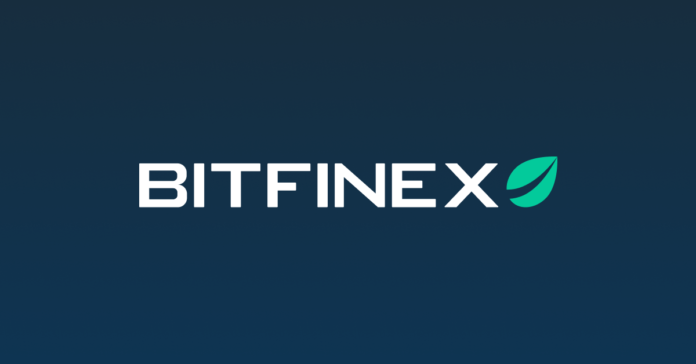

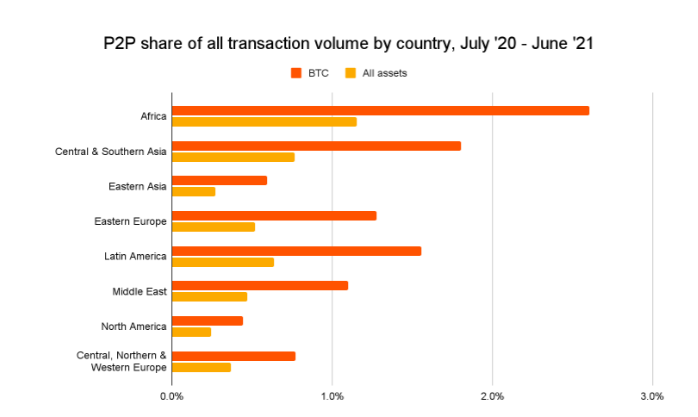
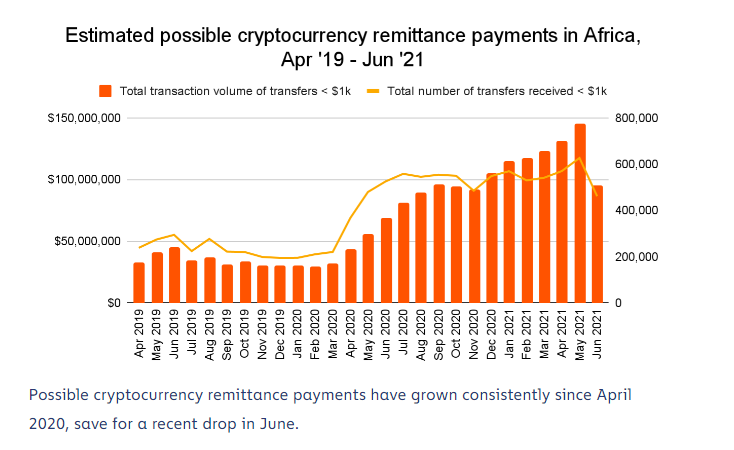
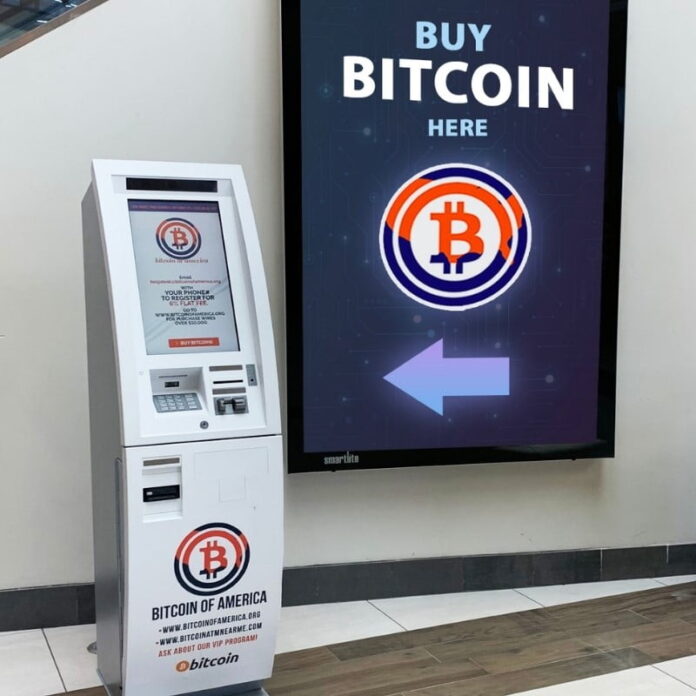
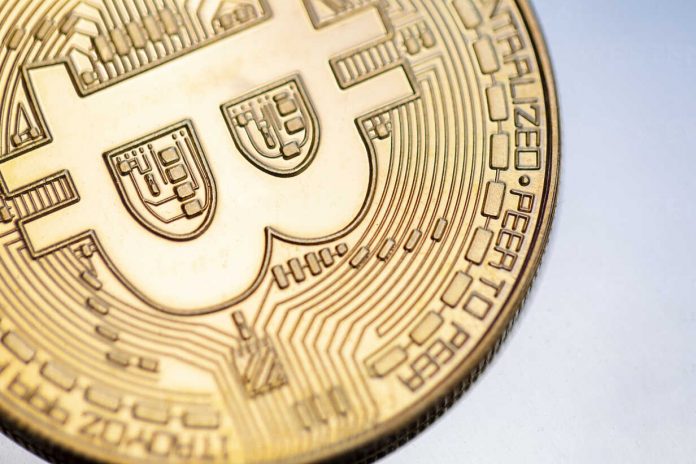
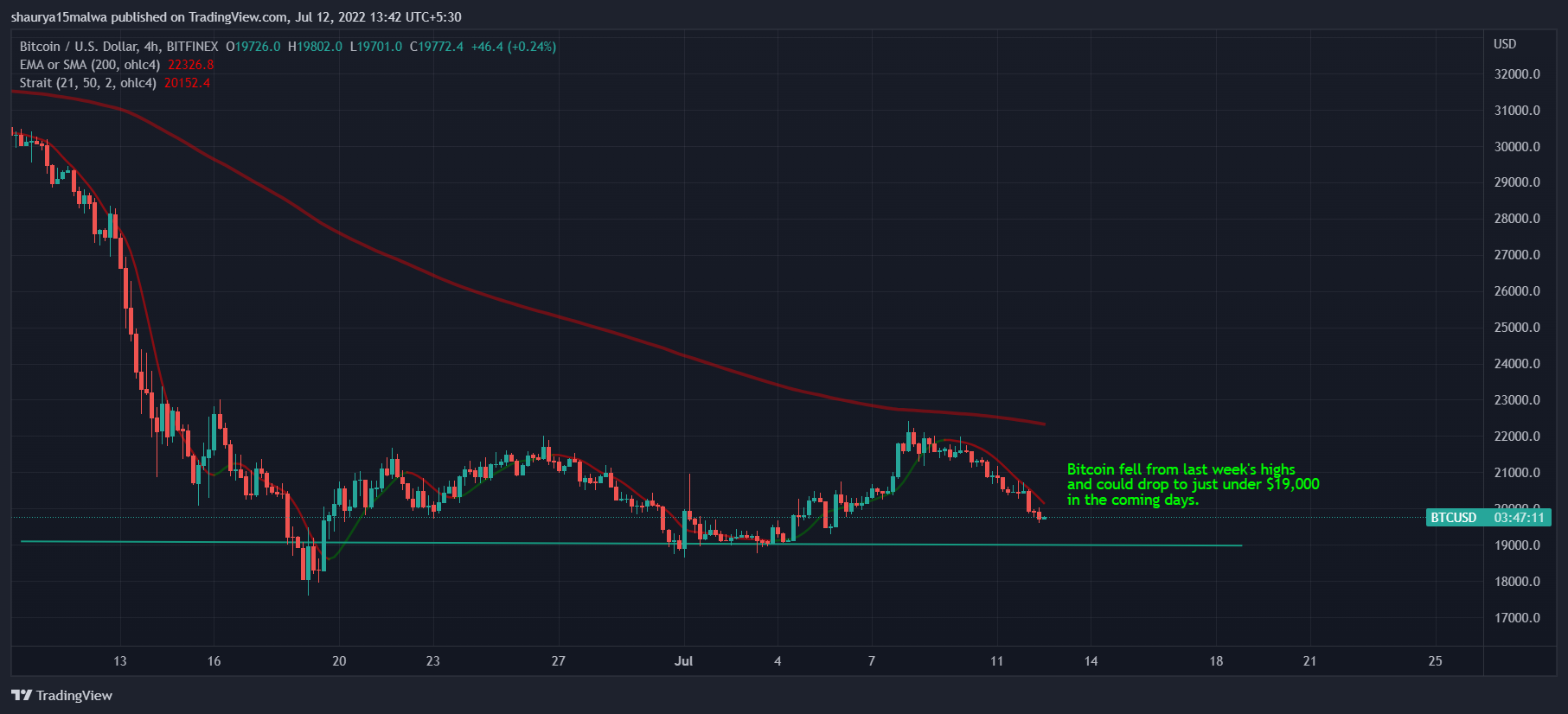 Bitcoin fell from last week’s highs and could drop to just under $19,000 in the coming days. (TradingView)
Bitcoin fell from last week’s highs and could drop to just under $19,000 in the coming days. (TradingView)

